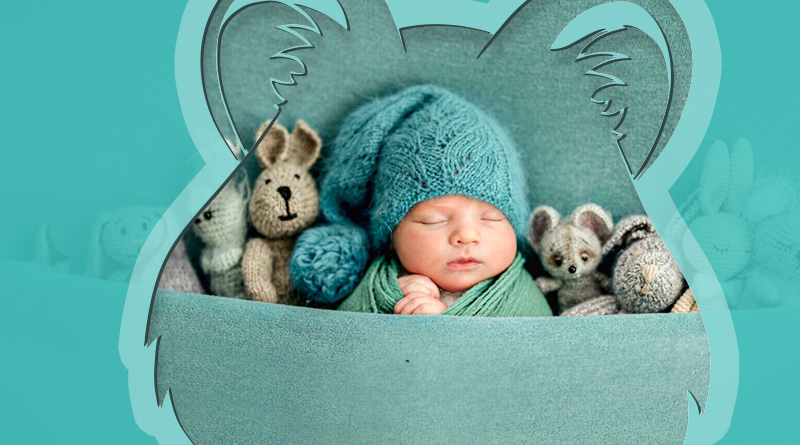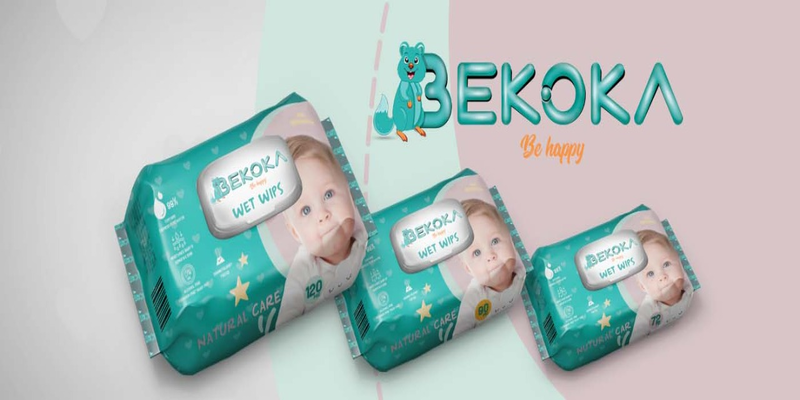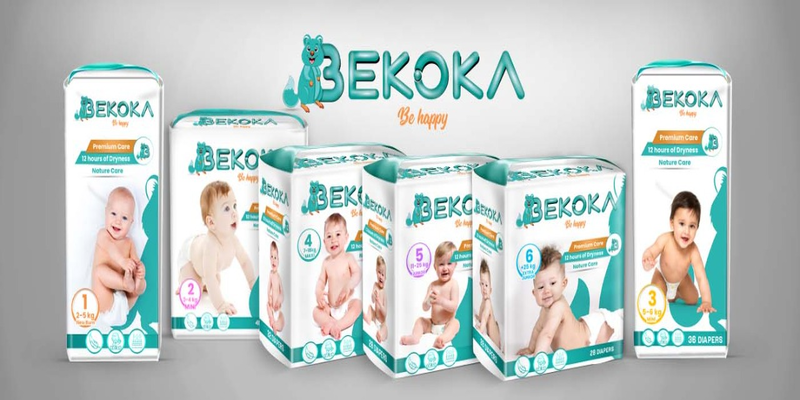If you’re expecting a baby, or you have already delivered a beautiful baby and are wondering how to know the exact details about how to look after your one-month-old baby you’ve come to the right place.
As you spend time together every day, your baby is also learning a lot. Your baby’s brain develops as he/ she sees, hears, and touches the world around him.
The first thing we care about in this article is the weight of your one-month-old baby. The average weight of a child at birth is 3.2 kg, but this weight varies from one baby to another. Some babies are thinner than others and some weigh more than 4 kg at birth. You will note that the weight may drop in the first week after birth because the body is full of fluids as a result of being in the mother’s womb. After giving birth, the baby’s body automatically disposes of these fluids by urinating, looking like the baby has lost some weight. Breastfeeding or industrial continuously regains weight and even increases in at most one or two weeks.
Although eye contact is one way your baby communicates with you, they mostly communicate with you through crying. If your baby needs you, he/ she will cry or make throaty noises. In this place, I want to mention that Your one-month-old baby can hear you and recognizes your voice, but your little one may shock when he/ she hears you or another sound.
At first, your baby’s neck muscles are weak then they are growing to make it easier for his/ her to hold the head up straight and move it around. Then you will notice that when your baby is lying on their tummy, he/ she may lift his/ her head briefly, or may turn to the side when he/ she is lying on their back. This allows your baby to see where you are as well as what is around him/ her.
Your baby’s hands are getting a lot more flexible and strong. They can now put their thumb in their mouth! This might be one of the first things your newborn does. In addition, you will notice that your baby will occasionally hold your finger, but most of the time he/ she will keep him/ her hands in a tight fists.
His/ her skin will continue to grow a protective layer of fat, which is called subcutaneous tissue. This makes it harder for bacteria to get into his/ her body. It also helps him/ her maintain the body temperature since babies can’t sweat as adults do yet. This tissue will also start to fill out the places where his/ her muscles will eventually be.
Faces are the most interesting thing to your baby at this age, and your baby may be able to follow your face with their eyes. Toys with contrasting colors, such as red, black, and white, as well as toys with faces or patterns, such as swirls or checks, will also appeal to your little beloved.
What will your one-month-old baby sleep like?
Your baby will still sleep most of the time at this age, assuming you are not feeding, changing, or bathing him/ her!
A 1-month-old baby demands 14 to 17 hours of sleep per day, split roughly equally between day and night; there is no regular sleep pattern, but it is common for babies to be awake in the evenings. However, each baby is different; some require more or less sleep than others.
Your one-month-old baby and food
You should know that for the first six months, all your baby needs is milk, preferably breastmilk. If you are exclusively breastfeeding, your child should take a vitamin D supplement every day (8.5 to 10 micrograms). The average one-month-old baby consumes 660ml to 840ml of milk per day, spread out over seven to ten feeds.
Your one-month-old baby crying and how to react?
You’ll sometimes understand why your baby is crying. When you respond to crying, for example, by feeding your baby if he or she is hungry, or changing his/ her diaper your baby feels more at ease and secure.
Even if you don’t know why your baby is crying, it’s important to comfort him/ her. You can pick him/her up, cuddle him/ her, or speak soothingly to your little one.
However, excessive crying may leave you feeling frustrated, upset, or overwhelmed. It’s fine to take a break until you feel more at ease. Place your baby in a secure location, such as a cot, or have someone else hold your baby for a while. Try going to another room to take deep breaths or calling a family member or friend to talk things over.
Never, ever shake your one-month-old baby. It can result in internal bleeding and, in the worst-case scenario, permanent brain damage.
How to help your one-month-old baby develop?
Here are a few easy things you can do to support your one-month-old baby’s growth:
- Spend time with your baby by reading, telling stories, talking, and singing to him or her. Doing these things on a daily basis also helps your baby become acquainted with sounds and words. As a result, your baby’s language and communication skills will improve as they grow.
- Look into your baby’s eyes: if he or she is looking at you, return the gaze. This is essential for bonding with your child. When your baby looks away, it’s a sign that he/ she has had enough and needs to rest.
- Smile at your baby: When your baby sees you smile, natural chemicals in their body are released. This gives your baby a sense of well-being, safety, and security. It also aids in the development of attachment to you.
- Playing with your one-month-old baby stimulates brain development and helps him/ her learn about the world. It also strengthens your relationship.
- Give your baby tummy time: 1-5 minutes of tummy time per day strengthens your baby’s head, neck, and upper body. When your baby is older, he/ she will need these muscles to lift his/ her head, crawl, and pull themselves up to stand. Always keep an eye on your baby during tummy time and place his/ her on his/ her back to sleep.
- Baby massage is an excellent way to bond with your child. If your baby is cranky, it can also be relaxing and soothing.
Sometimes your baby will refuse to do these things because he/ she is tired or hungry. Your baby will use specific baby cues to communicate he/ she has had enough and require more.
When should you be worried about the growth of your one-month-old baby?
You can visit the doctor if you have any concerns about your one-month-old baby:
- is crying a lot, which worries you, and isn’t feeding well.
- is unable to move their arms or legs.
- isn’t reacting to bright light or seeing things, such as following your face with their eyes.
- isn’t making gurgling sounds.
- isn’t hearing things – for example isn’t startled by loud noises or turning their head in the direction of sounds.
- isn’t getting enough sleep.
On a lighter note: As much as you’re looking after your one-month-old baby he/ she is in good health. Keeping your child care during the first month gives your child more time to be healthier.


